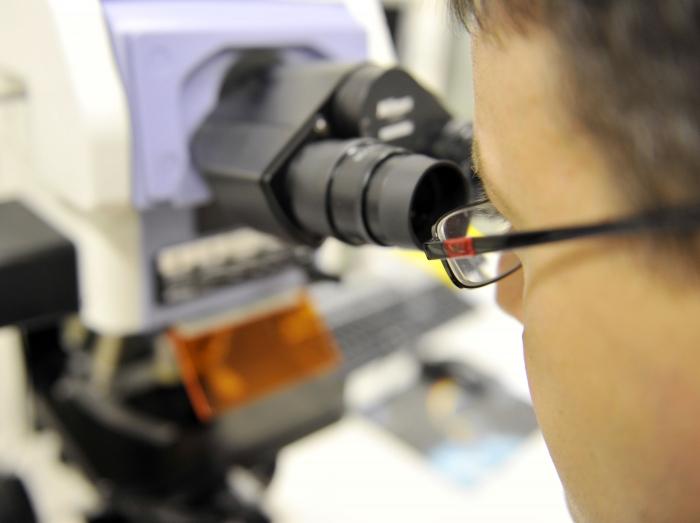
Researchers from the Slovenian National Institute of Chemistry, in collaboration with researchers from the medical centres in Ljubljana and Vienna, the Faculty of Computer and Information Sciences and the Biotechnical Faculty, have published a study in the Science Signaling research magazine that present the option of treatment for inflammatory diseases.
For a while now the laboratories at the Institute of Chemistry have been studying the mechanism of the immune response, which enables the humans to survive in the environment full of bacteria and viruses. The key is in receptors, which recognize the components of bacteria. Among them, the receptor discovered by Brus Bakter is especially interesting, and earned the scientist a Nobel Prize in 2011.
It was discovered that the receptor was active for a number of diseases such as rheumatoid arthritis, atherosclerosis, neuropathic pain, cancer and several other diseases, even though these are not related to bacterial infections. Slovenian researchers decide to investigate the underlying cause and have discovered that these are not 20 different diseases, with 20 different agents, but merely products of phospholipid oxidation. It is these molecules that directly activate the same receptor, explains Roman Jerala from the Institute of Chemistry.
In this way the researchers have shown that a molecule that signals dangers also carries the potential of being used for treatment. This enables developing new medicine, but it takes five to ten years to develop new molecules. However, what can be treated with this are symptoms and not causes of the disease, stresses Jerala.
Helena Lovinčič, Radio Slovenija; translated by K. Z.

































































